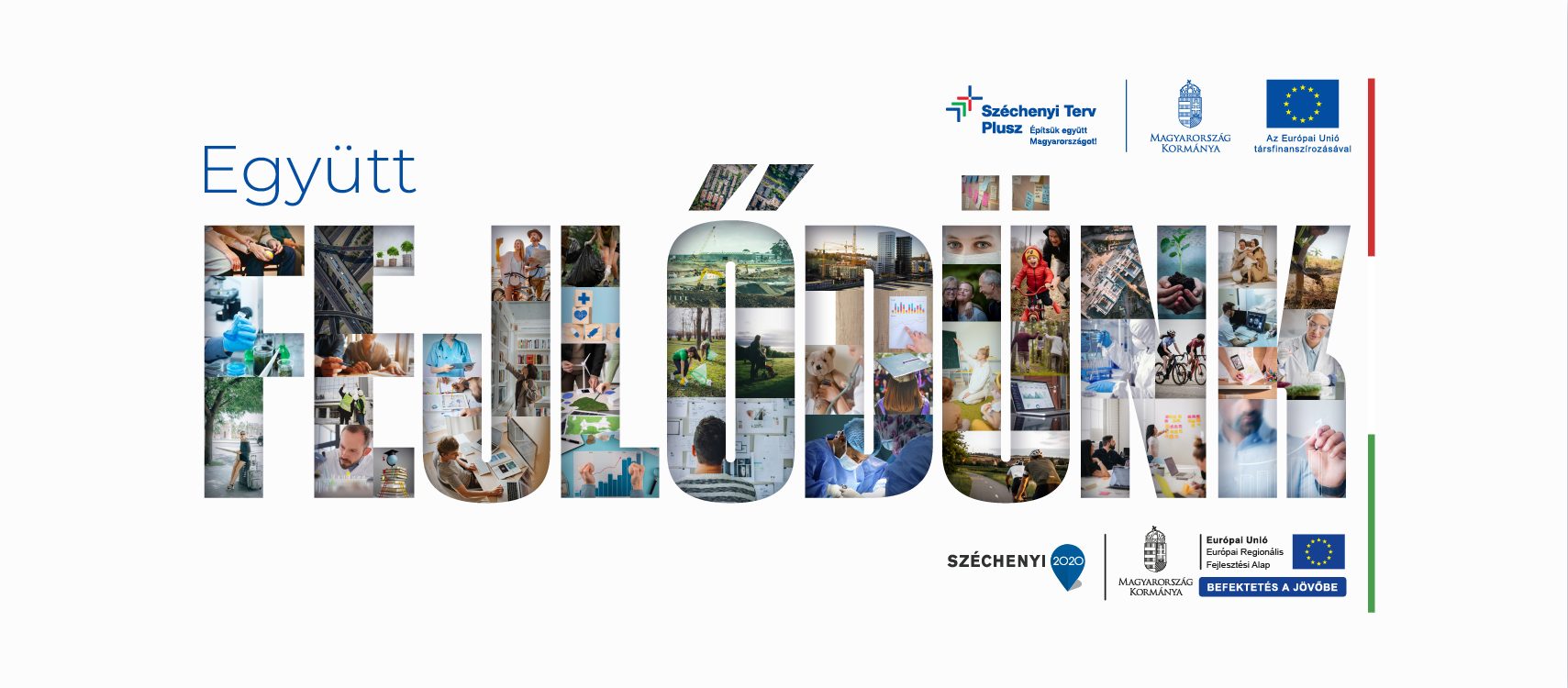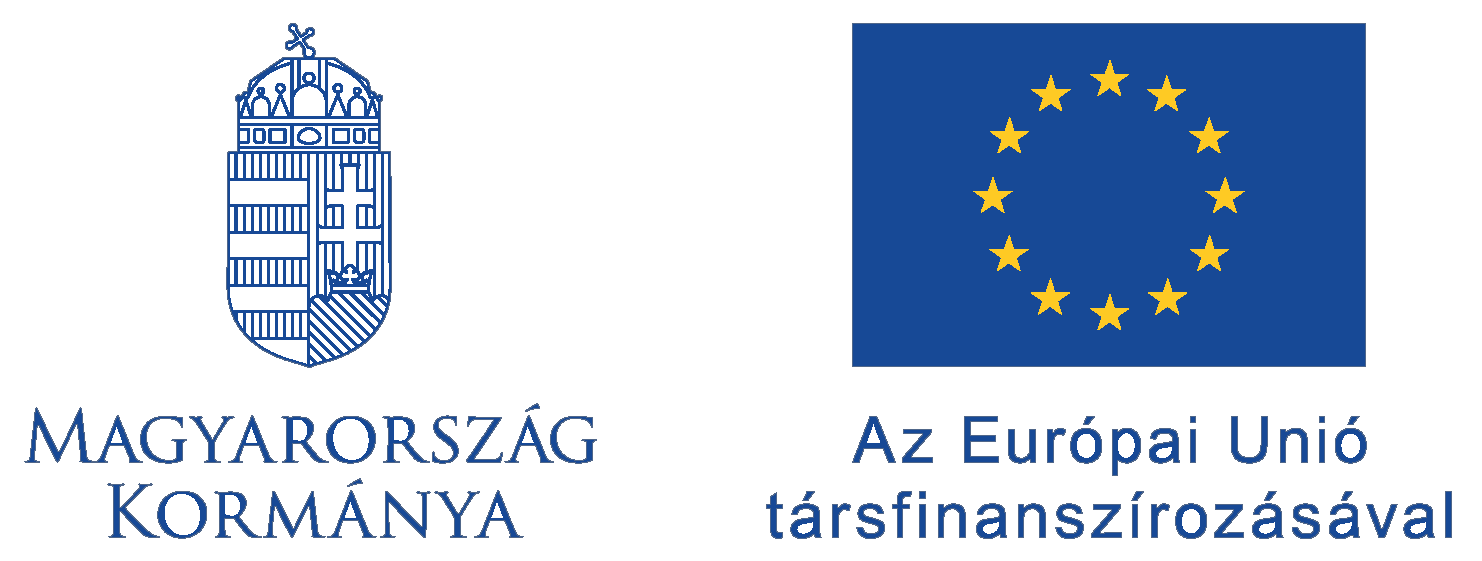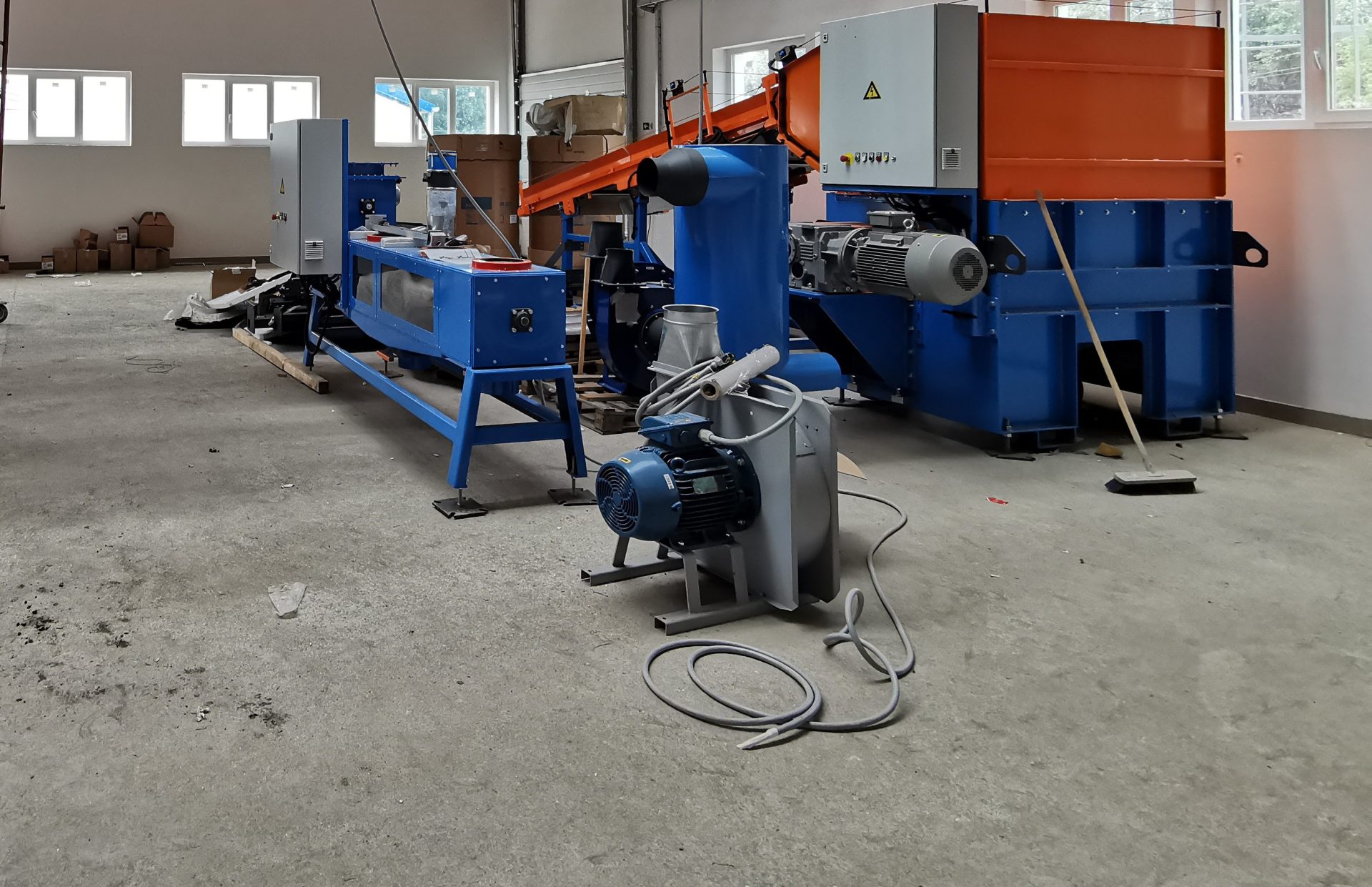A publicly accessible and searchable official database now provides information on agricultural and food chain operators. The system can monitor and identify emerging risks, helping to address current issues more quickly and effectively.
The development of the Intelligent Food Chain Safety Analysis System (in Hungarian: INTEL) was a significant step in enhancing food chain supervision in Hungary. Created with EU co-financing, this publicly available database includes all stakeholders in agricultural administration, game management, fisheries, and forestry. The system is based on establishing connections between existing data managed by NÉBIH (National Food Chain Safety Office) and optimizing and modernizing current networks. The result is a comprehensive program that enhances the quality of inspection and monitoring data through intelligent data analysis while improving the efficiency of NÉBIH’s risk assessment systems.
The extensive database does more than just provide traceability and accessibility—it also serves a supervisory role. Incoming data allows for the detection of legal violations and the identification of actors who negatively impact the quality of products entering the food chain. Additionally, the system actively supports risk-based inspections, meaning that businesses posing potential risks are subject to more frequent monitoring.
The INTEL system has also brought advancements in managing veterinary master data. Thanks to the new development, NÉBIH can respond more swiftly in the event of an outbreak. Key processes such as pig tracking, veterinary lab sample storage, and compensation procedures have been integrated into a unified, centralized system. As a result, epidemic management—such as in cases of African swine fever—has become more efficient and streamlined.
With the establishment of a standardized data model and improved information management, client-side processes have also been simplified. The digital transformation has reduced processing times and administrative burdens for food chain operators, while also connecting NÉBIH to more centralized electronic administrative services. The systematically designed IT architecture is scalable, allowing for future expansion and integration of additional food safety sectors.
The development was implemented from EU funding in the project KÖFOP-1.0.0-VEKOP-15-2016-00016 under the Public Administration and Public Service Development Operational Programme.
Find out more about the project in the Project Finder:Details








